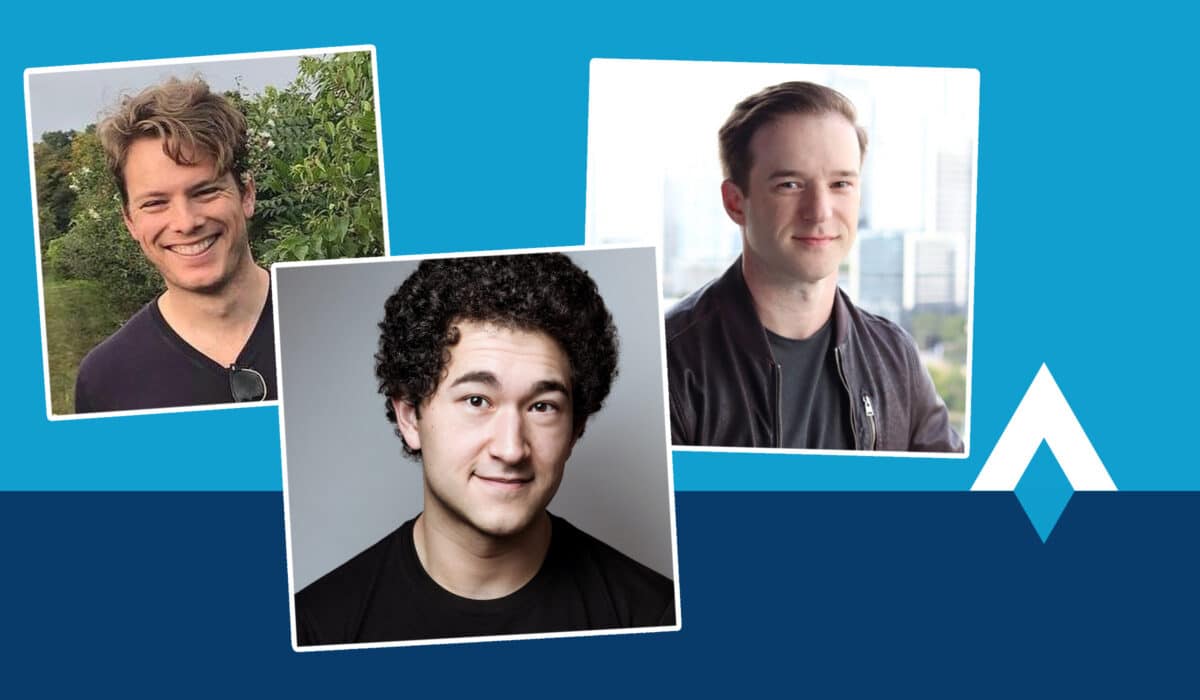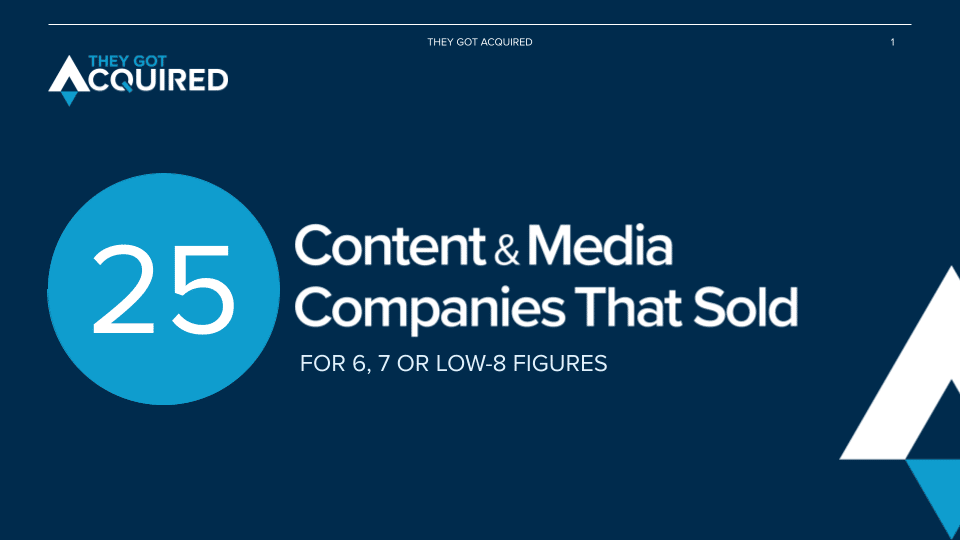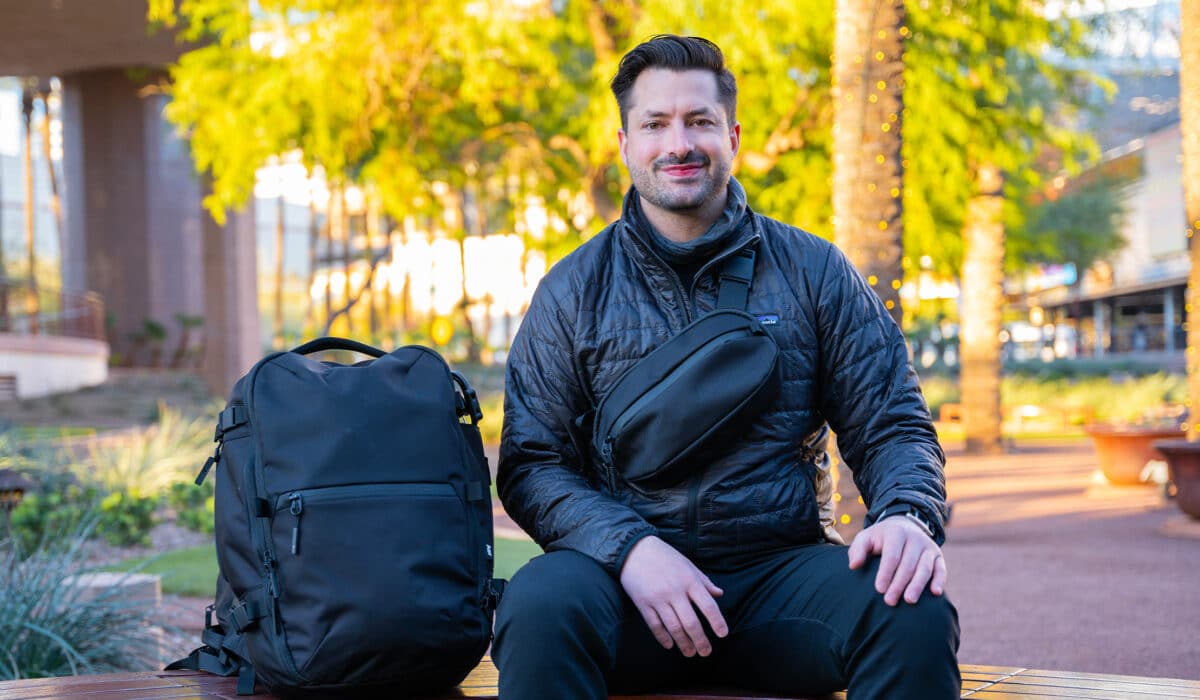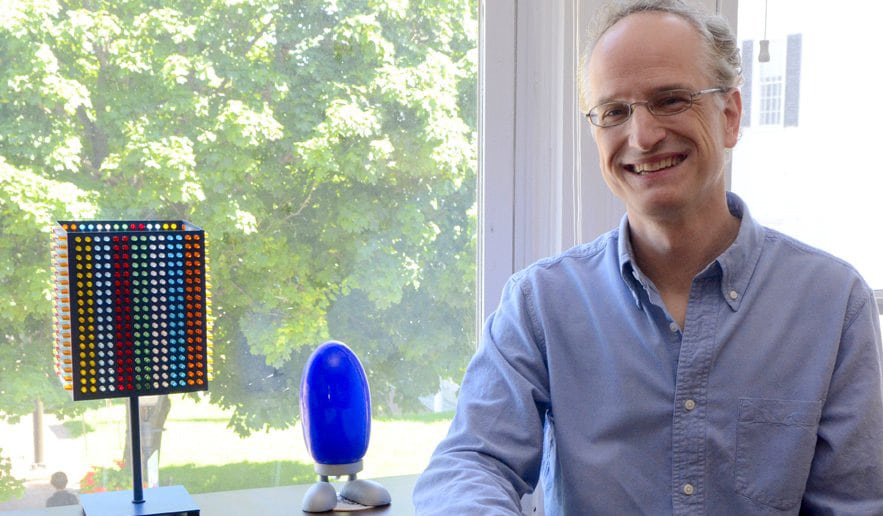BarBend needed cash.
In 2016, co-founders David Tao, Kenny Kline and Joe Auer were just several months into their mission of building “ESPN.com for strength” and “a home for strength nerds.”
Tao, a former freelance editor, was writing up to 30 articles a week. With smart SEO practices, the site began logging around 20,000 organic visitors a day.
By August, the trio was ready to make gains, so they turned to VCs to raise money.
“They said our idea was too small,” Tao said.
He can’t remember how many meetings they had, but he does remember all of them went poorly, he shared on Medium. Everyone was looking for the next BuzzFeed. They considered BarBend, dedicated to strength content and education, too niche.
The founders turned to a few angels — “fitness industry folks and friends” — and collected around $800,000 in seed capital.
That $800,000 helped jumpstart what would be considered the world’s largest media company dedicated to strength training, strength sports and related topics in fitness, nutrition, recovery and products. And seven years later, a buyer would come knocking.
Building BarBend into a brand that carries weight
With their relatively small amount of seed money, the BarBend founders focused on becoming profitable and diversifying their revenue.
One of the biggest ways the brand grew was through partnerships. In 2017, BarBend became USA Weightlifitng’s Official Media Partner. A few years later, they became the Official Media Provider of World Paralifting.
“This gave us an increased level of legitimacy, but it also put the pressure on to continue growth while producing increasingly high-quality, verified content,” Tao wrote.
Within the first year of operation, the site grew to 1.4 million users. Tao described the site’s growth between 2017 and 2020 as “largely linear and slow.” Monetization also came slowly. The site wrote articles about strength and fitness products and included affiliate links, and they sold event and content sponsorships.
In 2020, four years after launch, the site marked its first profitable year.
“We did our best to avoid quick wins, turning down money from low-quality sponsors and keeping our burn rate as low as possible while we continued to build the site’s power and footprint,” Tao said.
In 2021, BarBend acquired Breaking Muscle, another strength resource, and relaunched the site in 2022 as a complement to BarBend.
Each year, the team grew by one or two full-time employees. At the time of sale in April 2023, BarBend had 15 full-time employees: a combination of executives, editors, a designer, writers and sales operators. Its robust freelance writer base grew to more than 100 contributors.
In 2022, the site had more than 31 million annual visitors, pacing for 40 million in 2023, and around 150,000 email subscribers. Tao did not disclose revenue figures.
At this point, “we hit a cap on resources and growth independently,” Tao told They Got Acquired. “We needed more firepower to keep growing the company.”
Selling BarBend: “Day-to-day has changed remarkably little”
BarBend, once deemed too niche, began drawing attention from interested buyers. An inquiry from Pillar4Media, a portfolio of digital health and wellness brands, was the first to pique the founders’ interest.
“We’d seen up close how Pillar4 accelerated growth after acquiring brands, with uncompromising attention to user experience,” Tao wrote on Medium. “They understood our space and shared our belief that BarBend could expand beyond the niche to become THE next great brand in fitness.”
And, even better, Pillar4 wanted to build on BarBend’s staff and systems. BarBend’s executives were also excited about Pillar4’s team and culture, Tao shared on Medium
In April 2023, the acquisition was finalized.
“Honestly, [the process was] smoother than I anticipated,” Tao told us. “I believe it was easier because the buyer wanted to basically keep us on the same path while adding more resources and hiring capacity. So, for most of our employees, day-to-day has changed remarkably little!”
Every full-time BarBend employee has stayed on the team since the acquisition. Tao said the executives are sticking around, too, “to take this niche brand to the next level — and prove how big the niche can be.”



